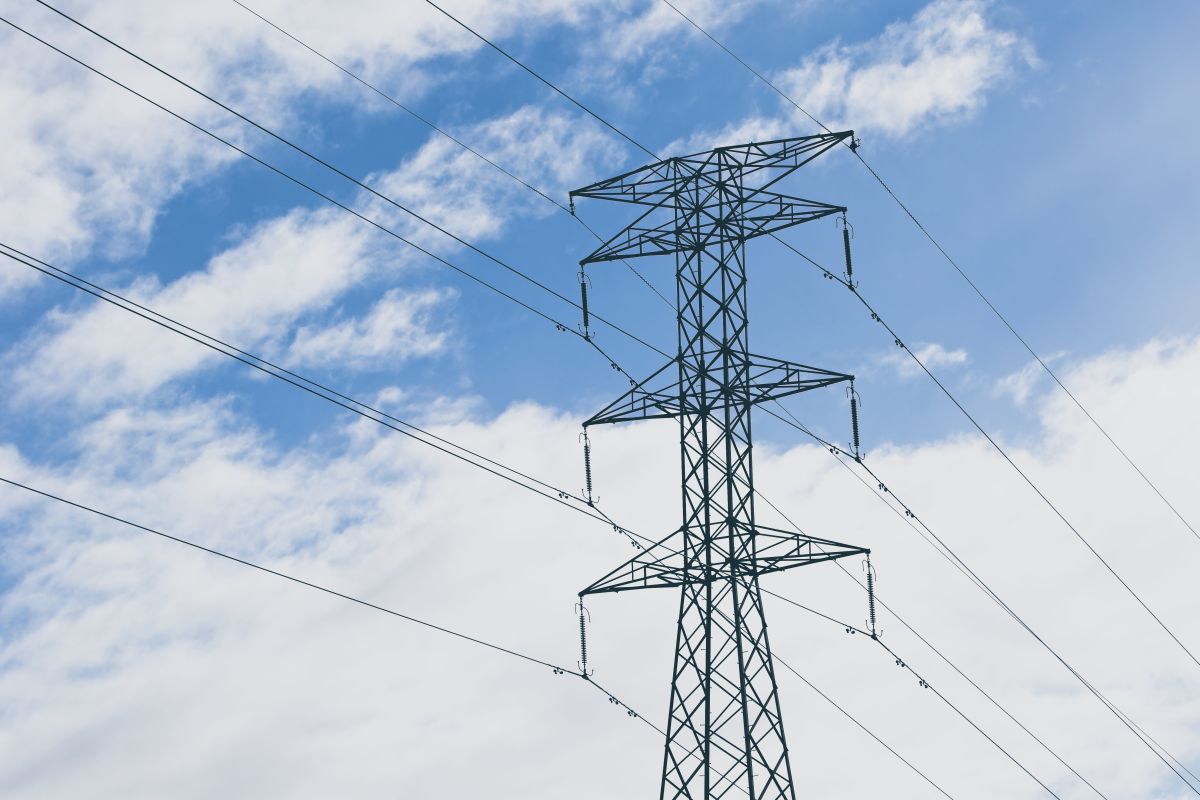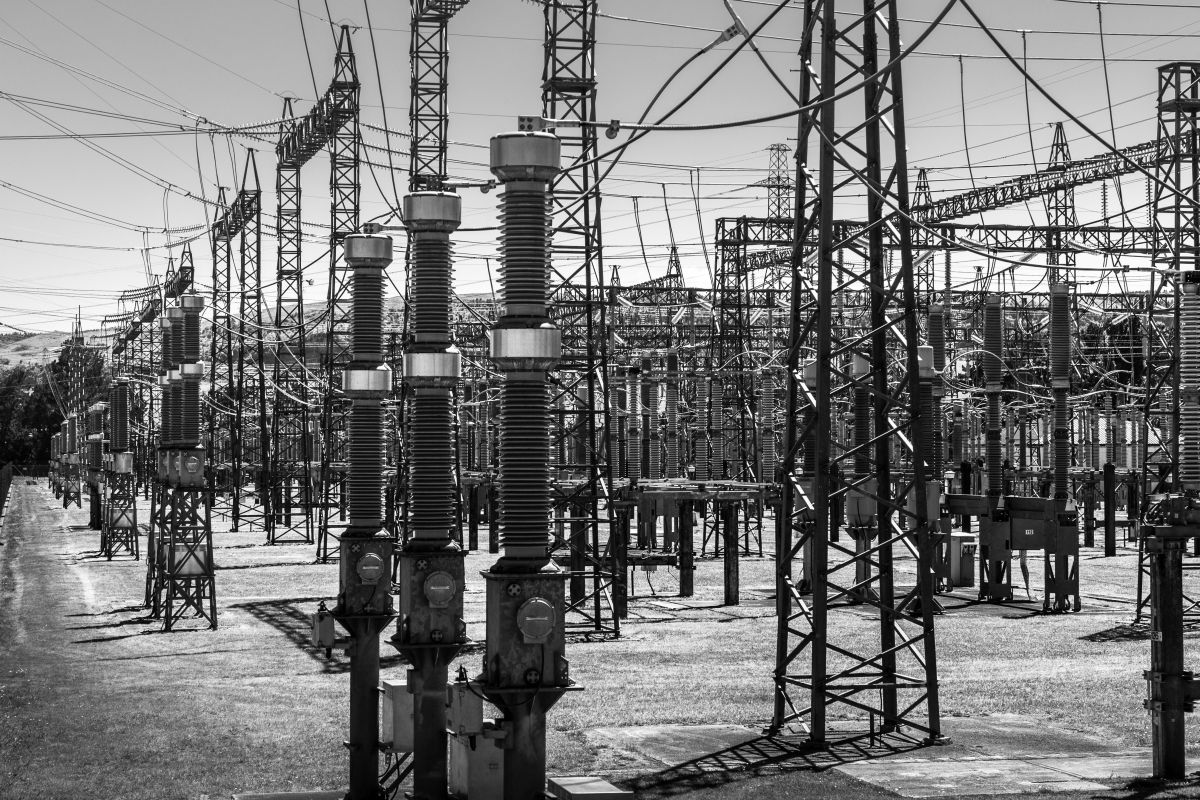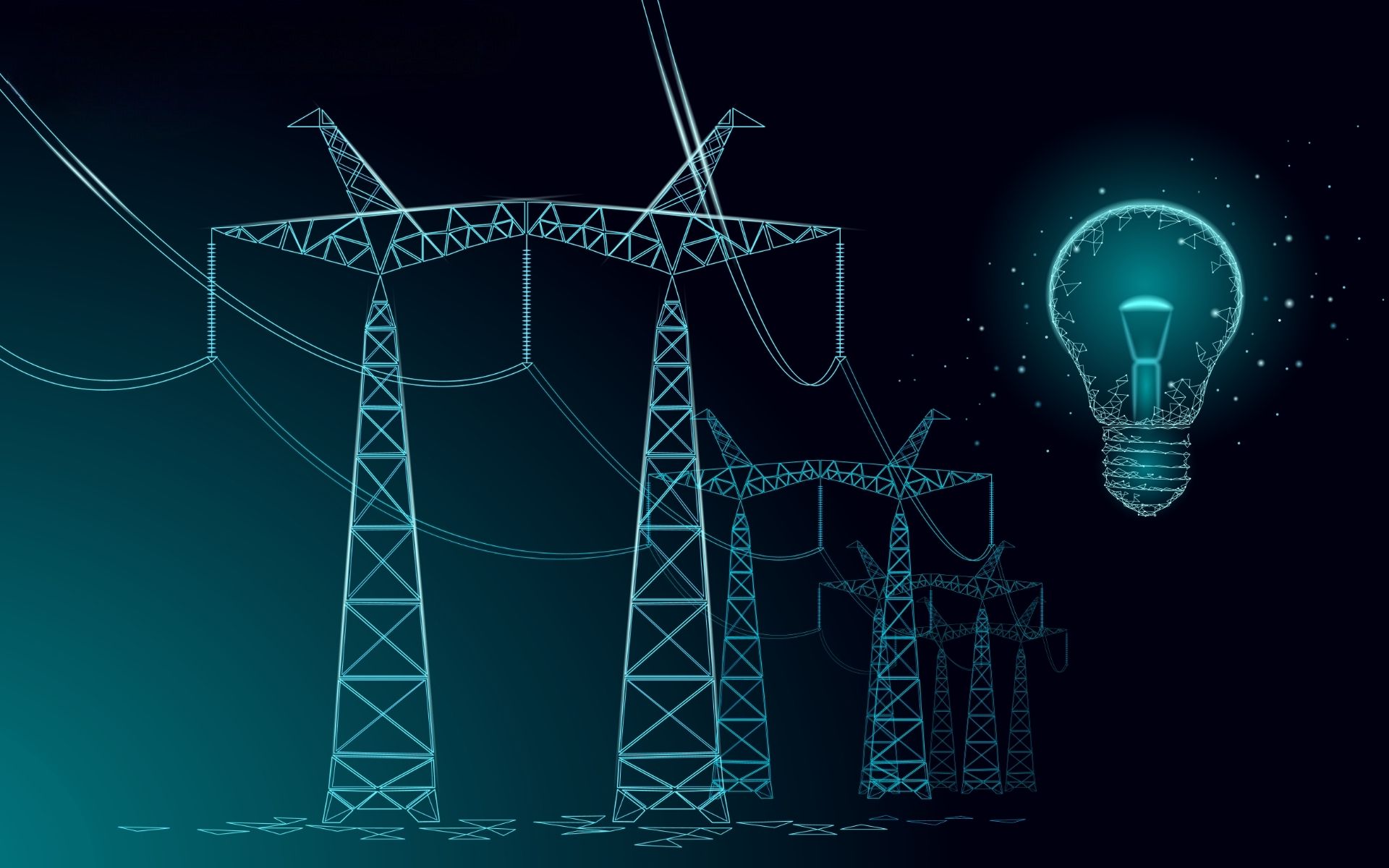In the wake of recent events, the California ISO (CAISO) has issued a memo to companies tied to power generation, emphasizing the need for digital fault recorders to capture high-speed data. This move is motivated by the Odessa event in Texas in 2021, where a fault in the 345 kV connecting station caused significant losses in inverter-based resources (IBRs), disrupting gigawatts worth of generation.
To ensure grid reliability and compliance with regulatory standards, such as the Western Electricity Coordinating Council (WECC) and the North American Electric Reliability Corporation (NERC), the industry is now focusing on capturing detailed information for diagnostics and analysis. This guide explores the solution Fischer Block and Certrec provided to address these compliance requirements and enhance the performance of IBR assets.
- The Importance of Capturing High-Speed Data
1.1 Understanding the CAISO Memo: The CAISO memo highlights the necessity of installing digital fault recorders to capture high-speed data. Proposed enhancements to the Protection System Maintenance (PRC2) standard have been put forth to ensure comprehensive data recording. By doing so, IBR owners and operators can analyze the oscillography and phaser units to diagnose the causes of system trips and evaluate the sensitivity of their resources. Without access to detailed oscillography data, reliability organizations like NERC and CAISO are unable to perform effective diagnostics, leading to inefficient problem resolution and potential non-compliance.
1.2 The Role of Fischer Block: Fischer Block offers a comprehensive solution for capturing high-resolution electrical signals, including oscillography data. wave iQ®, an advanced monitoring device, with its continuous voltage monitoring capabilities and AI-powered predictive analytics, empowers operators to make informed decisions and take proactive measures. By consistently recording voltage data, wave iQ® provides operators with a comprehensive understanding of their system’s performance, reducing the risk of unplanned outages and ensuring compliance with regulatory standards.
Furthermore, wave iQ® integrates deep learning and neural network technologies to enhance the accuracy and analysis of SCADA data, enabling more effective optimization strategies. This capability is crucial for IBR owners and operators to ensure compliance and optimize the performance of their resources. - Applicability and Benefits for IBR Facilities
2.1 IBR Facility Types: The CAISO memo primarily focuses on solar facilities and battery facilities as major IBR types. While wind farms are not currently under the same scrutiny, it is likely that they will be included in future requirements. As the industry continues to grow, with more battery installations and solar projects underway, the need for capturing high-speed data becomes increasingly relevant.
2.2 Retrofits and Compliance: Fischer Block’s solution is easily adaptable to both new and existing facilities. Even older plants can be retrofitted to incorporate the recording capabilities provided by the Fischer Block wave iQ®. This flexibility ensures that IBR owners and operators can comply with the evolving industry directives without significant disruptions or infrastructure changes.
- Use Cases and Benefits
3.1 Solar Farm Ground Fault Detection: In utility-scale solar farms, detecting ground faults can be challenging and time-consuming. Technicians often need to physically inspect several miles of panels to identify the faulted section. By employing Fischer Block’s high-resolution monitoring system, ground faults can be pinpointed to a distance of several hundred feet. This significantly reduces downtime and allows technicians to quickly locate and isolate the fault, expediting restoration and minimizing production losses.
3.2 Geo-Coordination for Panel Maintenance: Identifying faulty or degrading panels can be a cumbersome process in both utility-scale and smaller solar installations. Fischer Block’s platform offers geo-coordination and application capabilities that streamline panel maintenance. Technicians can capture panel information through a mobile application, including photos and notes. This data is stored in a centralized database, facilitating easy retrieval and tracking throughout the panel’s lifespan. Proactive maintenance becomes possible, preventing catastrophic failures and maximizing the overall performance and longevity of the panels.
3.3 Harmonic Distortion Monitoring: Monitoring the AC side of inverters for harmonic distortion is crucial for grid stability and compliance with NERC guidelines. Fischer Block’s solution allows monitoring and analyzing harmonic distortion, ensuring that IBR facilities meet regulatory requirements and contribute to a reliable grid.
- The Role of Predictive Analytics
By leveraging Fischer Block’s data capture capabilities, IBR owners and operators can access vast amounts of valuable information. This data can be harnessed through predictive analytics to optimize facility performance, enhance reliability, and reduce downtime. Predictive analytics enable proactive maintenance, early detection of potential issues, and efficient decision-making based on data-driven insights.
How Can Certrec Help?
Certrec combines Fischer Block’s wave iQ® devices and predictive analytics software to gather and analyze data. Their regulatory consultants use this information to provide decision-making insights, helping plants take corrective actions and gather necessary documentation evidence for NERC compliance. This alliance ensures plant efficiency, minimizes malfunctions, and improves regulatory compliance.



















